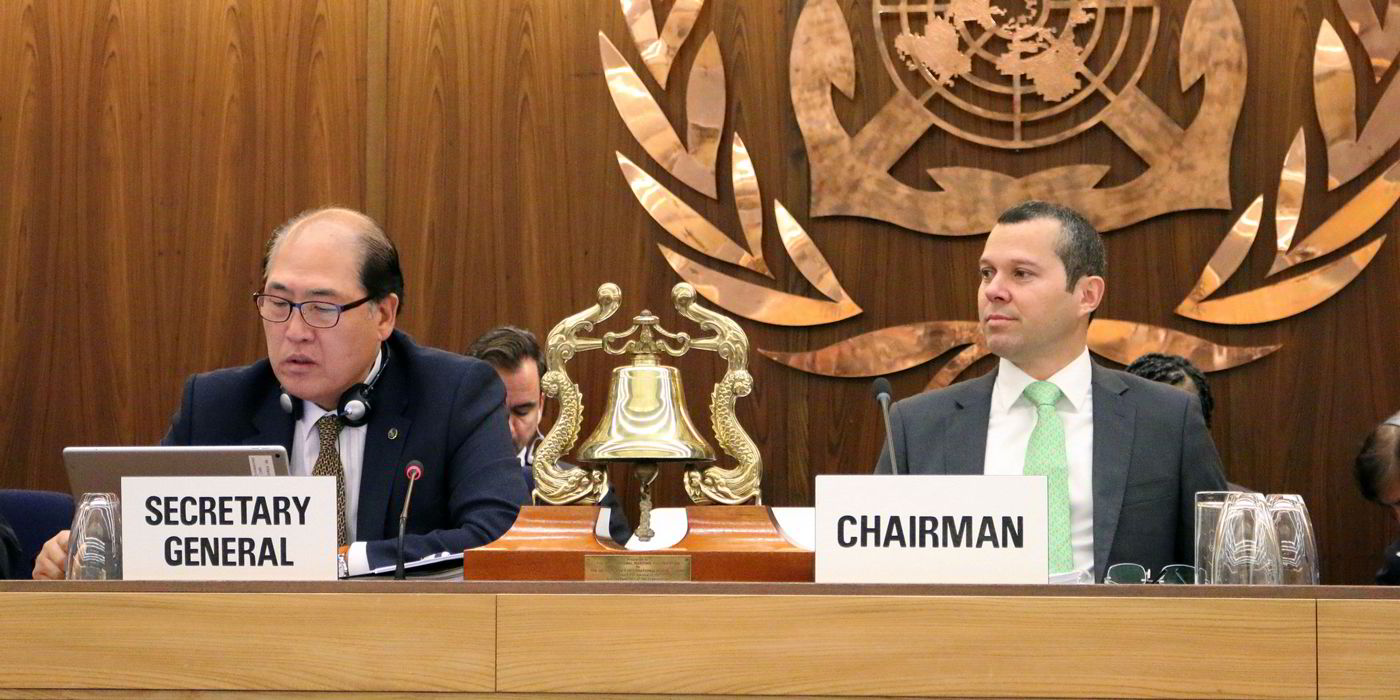The International Maritime Organisation (IMO) has come to a broad agreement to implement a global 0.5% limit on the sulphur content of fuel from 2020.
The current limit is 3.5%.
The chair at the marine environment protection committee (MEPC) meeting indicated the earlier date rather than the 2025 alternative in a decision to be confirmed on Friday.
The decision was reached after a heated debate at the IMO this afternoon.
The IMO is now drawing up an appropriate plan for implementation.
The decision in effect means that from 2020 shipping will no longer be fuelled by residual fuel but low sulphur distillates, or it will have to adopt abatement technology.
The IMO said it recognised there are still concerns over fuel availability and quality and will consider them in its implementation plan.
It was not a clear-cut decision. After the 2020 date was announced, owner's association Bimco and the International Bunker Industry Association repeated these concerns.
In the debate, many South-east Asian developing countries and South American nations argued that 2025 would be better.
Leading flag states Bahamas and Panama said they had reservations about 2020.
It was mainly the support of western developed economies, unanimously in Europe, with the backing of Canada and the US, that convinced the chair to okay 2020.
The decision was always set to be one of the most influential and controversial regulatory developments of recent years.
It could ramp up the price of bunkers by $400 per tonne or more.
Industry bodies were urging the IMO to make a decision at the meeting to give shipowners time to prepare to meet the requirement.
Because 2020 is the date written into Marpol Annex VI, a simple majority of the vote would have been required to delay enforcement to 2025.
The International Chamber of Shipping said it welcomes the IMO move, since it represents a clear decision about the implementation date for the sulphur cap.
“However, there will be much to do between now and 2020 to ensure that sufficient quantities of compliant marine fuel of the right quality will indeed be available, and that this radical switchover to cleaner fuels will be implemented smoothly, in a harmonised manner, without distorting shipping markets or having negative impacts on the movement of world trade, about 90% of which is carried by sea,” the group said.



